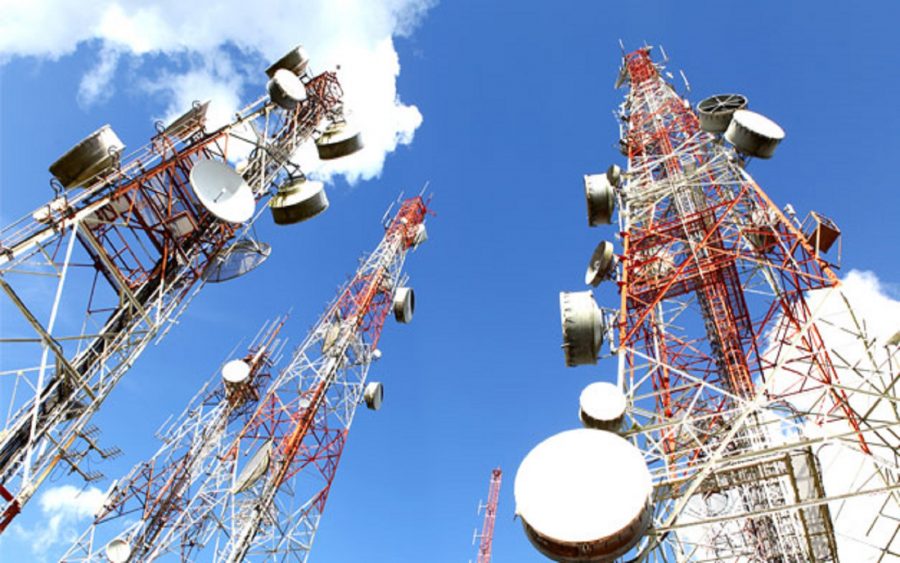In the past three years, African nations have invested $4.23 billion (N1.95 trillion at the Central Bank of Nigeria’s exchange rate of N460.93 to a dollar) in Nigerian companies and businesses.
‘Nigeria Capital Importation’ figures from the National Bureau of Statistics for 2020, 2021, and 2022 show that this made up 19.52 percent of the $21.69 billion in investments made into Nigeria from different nations during the time period.
With $2.34 billion (N1.09 trillion) invested in Nigeria during the period under consideration, South Africa is the greatest investor in Africa. This is because many South African companies have established operations in Nigeria in industries like telecommunications, engineering, banking, retail, and more.
One of the successful business imports from South Africa into Nigeria is MTN Nigeria, which is mostly owned by MTN Group. Known as Stanbic Bank, Standard Bank is another well-known success story. Shoprite and PEP shops, both in the retail industry, dominated the market in Nigeria before they left. Another example of a South African company operating in the nation is Multichoice, which is the owner of DSTV and GOTV.
Mauritius, with an investment of N583.66 billion ($1.27 billion), was the second-largest investor from Africa in Nigeria. In 2022, Moka, Mauritius-based Sustainable Capital Limited would increase its equity position in Seplat Energy Plc from 7.79 percent to 8.93 percent.
Mauritius Commercial Bank announced intentions to establish a presence in Nigeria in 2022. The Head of Corporate and Institutional Banking at MCB, Thierry Hebraud, reportedly announced it on the margins of the ongoing Africa CEO Forum in Abidjan, Côte d’Ivoire, according to a post on the Nigerian Investment Promotion Commission.
Today, more than 50% of our balance sheet is located outside of Mauritius, with Africa making up the majority of that.
“I believe within the next couple of months, we will be operating the new representative office in Nigeria. We believe we’ll continue to grow in the oil and gas sector, but at a slower pace. We’ll definitely grow in energy and infrastructure.”
According to a Business Insider Africa article, the bank has close to $850 million invested in Nigeria’s oil and gas industry.
Other African investor countries in the time under review include Botswana ($1.29m); Congo ($148m); Cote d’Ivoire ($10m); Egypt ($16.14m); Guinea ($50m): Ghana ($31.78m); Kenya ($20.87m); Morocco ($43.97m); Niger ($2m); Sierra Leone ($2m); Seychelles ($700,000); Somalia ($400,000); Sudan ($53.59m); Togo ($225.89m); Uganda ($120,000), and Zambia ($1.4m).
According to NBS, information on investment (capital importation) is gathered by the Central Bank of Nigeria and covers both imported financial and physical capital, such as equipment. Foreign direct investment, portfolio investment, and other investments are the three primary divisions of these investments.
Nigeria is projected to gain more from the African Continental Free Trade Area when it comes to improving intra-African FDI. However, due to a lack of readily available foreign currency, security issues, and other structural difficulties, foreign direct investment in Nigeria has been declining recently.
Investments from South Africa decreased 59.33 percent annually from $1.05 billion in 2021 to $428.73 million in 2022. Mauritius investments decreased by 69.79% year over year from $690.91 million in 2021 to $208.66 million in 2022.
Additionally, the country’s chronically high inflation is having an impact on the operations of many foreign companies, with sales declining as a result of declining purchasing power. As a result, numerous international companies are
Nigeria’s “Net FDI inflows are negative, reflecting net equity withdrawals by foreign investors,” complained the World Bank recently. The lack of favorable comparisons between Nigeria’s FDI and FPI flow and comparable economies around the globe is due to current issues with FX availability, security worries, and other structural constraints.

